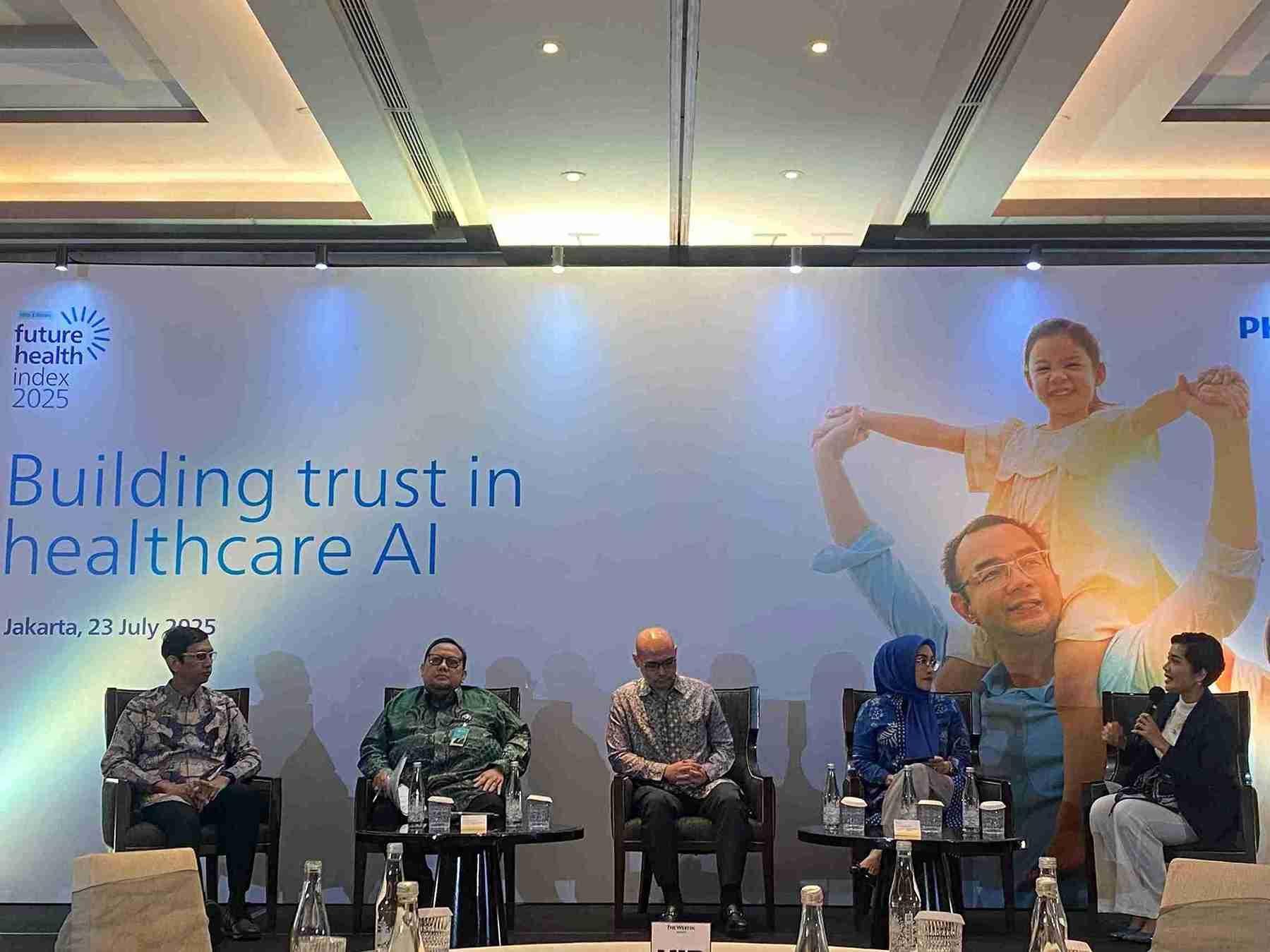The Indonesian Ministry of Health is set to launch trials of AI healthcare services using a regulatory sandbox approach, marking a significant step toward the integration of advanced technology into public health. This initiative reflects the government’s commitment to exploring artificial intelligence applications in healthcare while ensuring safety, compliance, and ethical considerations.
Artificial intelligence has already transformed industries ranging from finance to transportation, and healthcare is rapidly becoming its next frontier. By implementing a regulatory sandbox model, Indonesia aims to create a controlled environment for testing AI healthcare services, enabling innovators to deploy new solutions while minimizing potential risks.
This program is expected to accelerate the development of digital health tools, enhance medical decision-making, and improve access to quality healthcare, especially in remote and underserved areas.
Why AI Healthcare Services Are Crucial For Indonesia
Indonesia faces unique challenges in its healthcare system, including uneven access to medical professionals, infrastructure limitations, and a growing population with diverse health needs. AI healthcare services have the potential to address many of these challenges by providing scalable, data-driven solutions.
For example, AI-powered diagnostic tools can assist doctors in detecting diseases more accurately and quickly, while predictive analytics can help identify public health trends before they become widespread problems. Moreover, virtual health assistants and AI-driven telemedicine platforms can make healthcare services more accessible to people in rural or isolated regions.
The regulatory sandbox provides a safe testing ground for these solutions, ensuring that emerging technologies meet health standards and data protection laws before being implemented on a larger scale. By doing so, Indonesia can foster innovation while protecting patient safety and privacy.
How The Regulatory Sandbox Will Work For AI Healthcare Services
The regulatory sandbox model is commonly used in financial technology to allow controlled testing of new products and services under regulatory supervision. The Indonesian Ministry of Health is now adopting this model for healthcare innovation, focusing on AI healthcare services.
Within this sandbox, selected companies and startups will collaborate with healthcare providers, researchers, and regulators to test new AI-based solutions. These might include diagnostic algorithms, patient monitoring systems, personalized treatment recommendation platforms, and hospital management tools. Each product will undergo a thorough evaluation process to ensure safety, effectiveness, and compliance with relevant regulations, including Indonesia’s Personal Data Protection (PDP) Law.
Key elements of the sandbox approach include:
- Risk Assessment: Evaluating the potential risks associated with AI applications in healthcare.
- Patient Privacy Protection: Ensuring compliance with data protection regulations to safeguard sensitive patient information.
- Performance Monitoring: Continuously monitoring the performance of AI healthcare services during the testing phase.
- Stakeholder Engagement: Involving medical professionals, technologists, and policymakers in the testing process.
The results of the sandbox trials will help determine which AI healthcare services are ready for broader implementation, providing valuable insights into how these technologies can be integrated into Indonesia’s healthcare system.
Opportunities And Challenges For AI Healthcare Services In Indonesia
The integration of AI healthcare services presents both opportunities and challenges. On one hand, these technologies can enhance medical accuracy, reduce costs, and improve efficiency. AI-powered tools can assist in early diagnosis, automate administrative processes, and optimize hospital resource allocation. In addition, they can empower patients with more information about their health, promoting preventive care.
However, there are also significant challenges. AI algorithms rely on high-quality data, and Indonesia must ensure robust data governance to prevent bias and maintain fairness in healthcare delivery. Additionally, medical professionals need training to effectively use AI tools, and public trust must be built to ensure patient acceptance of AI-driven healthcare solutions.
Another challenge lies in regulation. While AI healthcare services promise tremendous benefits, they also raise questions about liability, ethics, and security. The sandbox approach is therefore critical for identifying and addressing these issues before AI technologies are widely deployed.
Global Context And Indonesia’s Position
Globally, countries like the United States, the United Kingdom, and Singapore are already deploying AI healthcare services. These include AI-assisted radiology, predictive analytics for hospital resource management, and virtual healthcare assistants. By launching its own regulatory sandbox, Indonesia positions itself as a forward-thinking player in the global digital health ecosystem.
The success of this initiative could also attract international investment and collaboration, spurring innovation within Indonesia’s growing health technology sector. It may encourage more startups and established companies to develop AI healthcare services tailored to Indonesia’s specific needs, such as improving maternal and child health, combating infectious diseases, and managing chronic conditions.
The Future Of AI Healthcare Services In Indonesia
The regulatory sandbox initiative signals the government’s recognition of technology’s potential to transform healthcare. In the long term, the successful deployment of AI healthcare services could lead to a more efficient, equitable, and sustainable health system.
Hospitals and clinics could leverage AI to enhance diagnostic capabilities, reduce wait times, and personalize treatments. Meanwhile, rural areas could benefit from telemedicine services powered by AI, bridging the gap between urban and rural healthcare access.
Education and training will also play a critical role. Medical professionals need to be equipped with the skills to work alongside AI tools, ensuring that human expertise and technology complement each other. Furthermore, public awareness campaigns will be necessary to build trust and ensure ethical implementation.
As Indonesia moves forward, collaboration between the government, private sector, academia, and civil society will be essential to maximize the benefits of AI healthcare services while minimizing risks. The regulatory sandbox model is a promising start, providing the structure needed to innovate responsibly.
Conclusion
Indonesia’s decision to trial AI healthcare services through a regulatory sandbox marks a pivotal step in modernizing its healthcare system. This initiative has the potential to improve access, efficiency, and patient outcomes while fostering innovation within the healthcare technology sector.
The road ahead will not be without challenges, but with careful planning, transparent governance, and active stakeholder involvement, AI healthcare services could become a cornerstone of Indonesia’s future healthcare landscape.
Read More






 Thursday, 05-02-26
Thursday, 05-02-26







